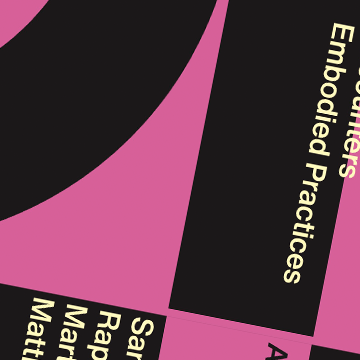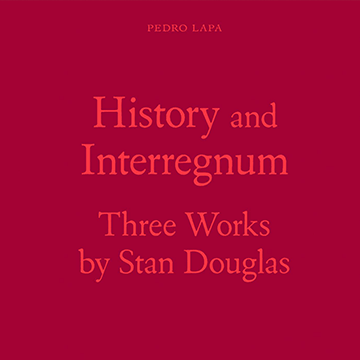What potential do embodied practices offer for emancipatory movements? How can community be created through these practices, and what responsibilities does this entail? What role does the body play in the preservation and transmission of knowledge?
Tag: emancipation
Resonating with Zapatismo
To Navigate Backward: Resonating with Zapatismo a book-within-a-book, the first of three mouvements (as in a musical composition) is a collection of essays titled When the Roots Start Moving: Chto Delat and Free Home University—investigating predicaments of rootedness and rootlessness and notions of belonging and of displacement across different geographical and epistemological coordinates.
History and Interregnum
History and Interregnum looks at the relationship between history and fiction through the practice of re-enactment, as seen in three works by Stan Douglas. The Secret Agent (2015), Disco Angola (2012) and Luanda-Kinshasa (2013) all draw upon the same historical period, which saw the emergence of different universalist and multicultural hopes for a transformed world. The recent history of Portugal, namely the Carnation Revolution of 1974 and decolonisation, and manifestations of culture such as jazz-rock, disco, funk and afrobeat, contribute to a political and multicultural emancipation dreamed of in those times, but ultimately eclipsed by new configurations of power. This book is a consideration of a politics of means, taking as its starting point the idea of a state of interregnum exemplified by these moments, exploring it in the light of artistic devices used by Stan Douglas.


